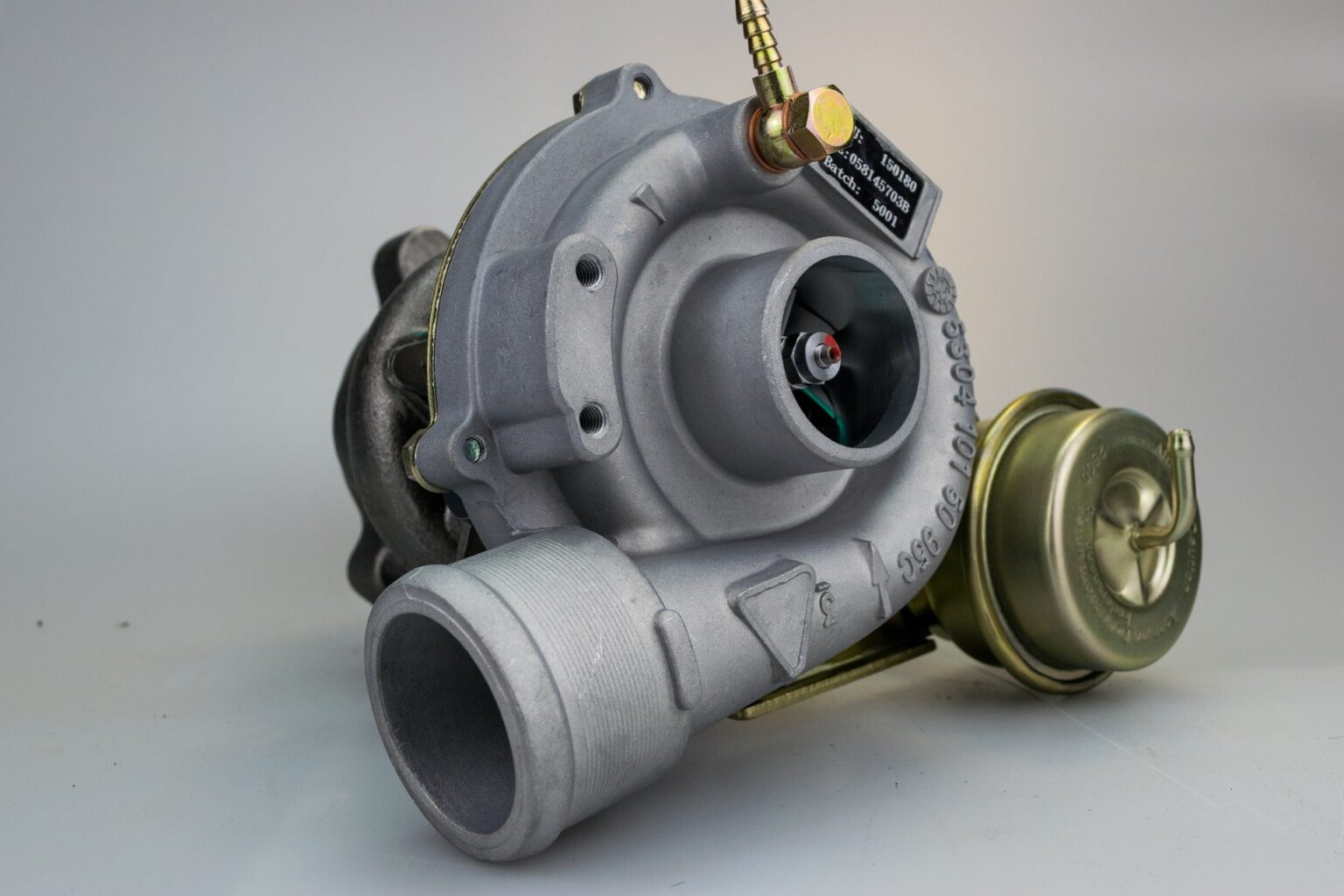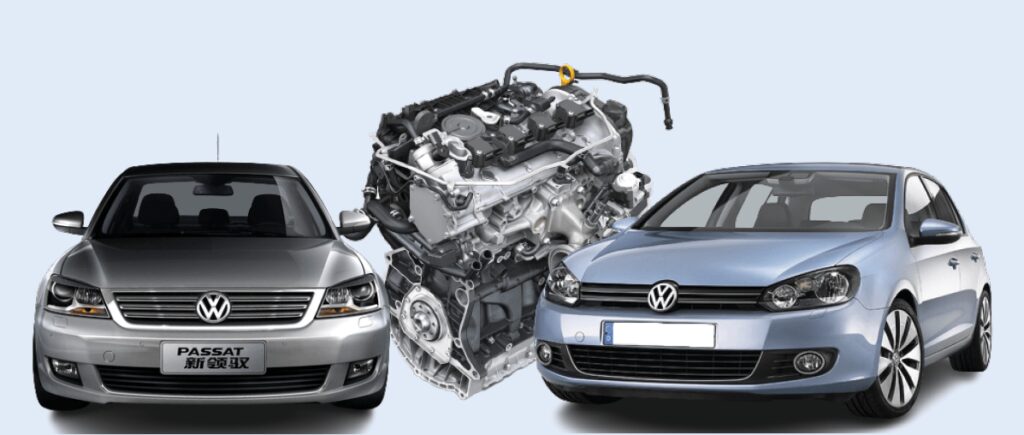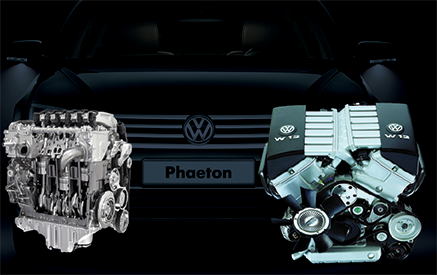Are Turbo Engines Reliable
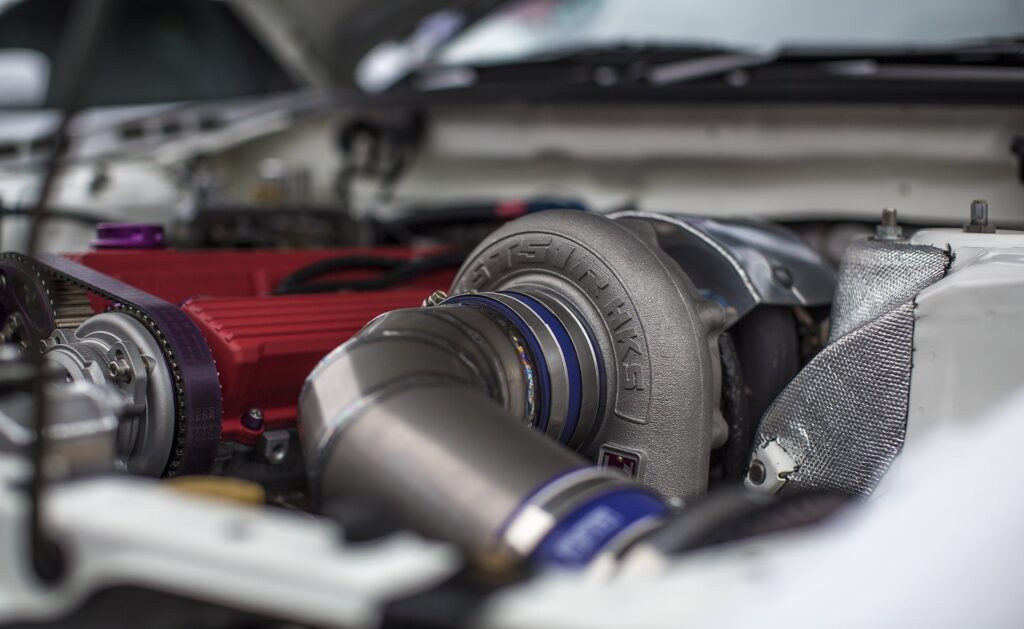
Let’s find the answers to the question – are turbo engines reliable? Turbocharged engines are like magic spells for weaker engines, making them powerful and fuel-efficient. Weaker could be about naturally aspirated engines.
They’ve become popular, leaving traditional engines buried in museums.
But hold on! Are turbo engines reliable when they face the daily turbo rush?
Our mission is to explore the secret behind these turbo engines and see if they can handle turbocharging every day. We won’t ignore any potential problems we encounter, from the loud turbo noise to possible downsides.
So, do turbochargers affect overall engine reliability?
Let’s shed some light on this debate.
One worry about turbochargers is the extra heat and stress they put on the engine.
The turbocharger works at high temperatures, which can slowly wear down engine parts.
However, modern engineering and better materials have improved turbocharger design, making them stronger and more dependable. Manufacturers now use advanced cooling systems and high-quality materials to reduce the negative impact of heat on engine parts.
To work well, turbochargers need a steady supply of oil for lubrication and cooling. If they don’t get enough oil or proper lubrication, it can damage the turbocharger and the engine. So, regular maintenance and oil changes are essential for turbocharged vehicles.
The way you drive also matters for how long your turbo engine lasts. If you drive aggressively, like accelerating and decelerating suddenly, it can stress the turbocharger and engine parts.
Considering all these factors, turbochargers don’t have any big design flaws. Most issues come from how car owners handle their vehicles, in our opinion.
To keep your turbo in good shape, remember these tips:
- Regularly check for oil leaks and inspect the intercooler and boost pressure.
- Stick to a consistent oil change schedule and use high-quality synthetic oils designed for turbo engines.
- After driving hard or towing heavy loads, let the engine cool down before shutting it off to prevent oil coking and ensure proper lubrication.
Are Turbo Engines Reliable - Detecting Turbo Problems
If your turbocharger shows any of these signs, it might be in trouble. Pay attention to them and get the issue fixed to avoid a broken turbo or engine.
Noticeable drop in engine performance: If your car struggles to accelerate or lacks power, there might be a problem with the turbocharger. It could be due to worn-out parts like the turbine or compressor wheel, which reduce airflow and engine efficiency.
Delay in boost build-up: If the turbo takes too long to boost, there could be issues with the wastegate, diverter valve, or intercooler. Proper boost pressure is vital for engine performance, so you should get it checked in time.
Excessive exhaust smoke: White or blue smoke can indicate turbo failure. Blue smoke means oil is leaking into the exhaust, while white smoke can suggest coolant leakage. Both are serious and need immediate attention.
Unusual engine noises: A healthy turbocharger is quiet, but strange sounds during acceleration might signal problems with the turbo bearings or shaft. Rattling or grinding noises could be due to damaged or loose parts.
Check Engine Light (CEL) on Modern cars have a diagnostic system that monitors the turbocharger and other components. If it detects an issue, the CEL on your dashboard will turn on, and you should get it checked.
Look for oil leaks near the turbocharger. Damaged seals or gaskets can cause leaks, which can lead to lubrication problems and turbocharger failure.
Elevated Exhaust Gas Temperatures (EGT): High EGT can be dangerous for the engine, as it can damage internal parts. If your car’s EGT is consistently higher than normal, consult a professional mechanic.
Reduced fuel efficiency: Turbocharger problems can lead to increased fuel consumption because the turbo helps the engine work better. So, if you notice your car using more fuel, there might be a problem.
Engine overheating: If your engine temperature gauge shows higher-than-normal readings, don’t ignore it. Turbocharger issues could cause the engine to overheat.
Loss of power at high RPM: If your car loses power at high speeds, the turbocharger might not be able to maintain enough boost pressure. This leads to reduced power output.
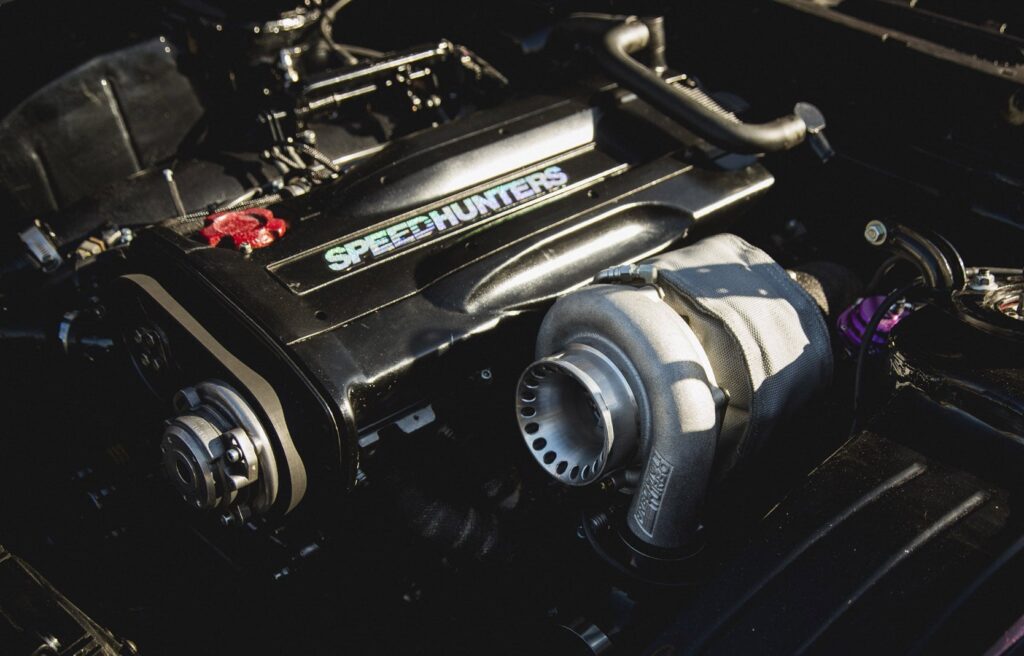
Frequently Asked Questions about Turbo Engines
What causes turbocharger failure?
Turbocharger failure can happen due to different reasons, like not enough lubrication, contaminated oil, damage from foreign objects, excessive heat, or over-revving the engine.
How can I detect turbocharger issues early on?
Keep an eye out for signs like reduced engine performance, excessive exhaust smoke, unusual engine noises, and slow boost build-up. Regularly check your car for oil leaks and monitor the engine temperature gauge.
Is it safe to drive with a failing turbocharger?
It’s not safe to drive with a failing turbocharger. It can cause more damage to the engine and other parts, leading to costly repairs.
How much does it cost to repair a turbocharger?
The cost of repairing a turbocharger can vary based on the extent of damage and the make and model of your car. For an accurate estimate, consult a professional mechanic.
Can turbo failure be prevented?
Turbocharger failure can happen due to different reasons, like not enough lubrication, contaminated oil, damage from foreign objects, excessive heat, or over-revving the engine.
What causes turbocharger failure?
While turbochargers will wear out over time, you can prolong their lifespan with regular maintenance, using quality lubricants, avoiding aggressive driving, and fixing issues promptly.
Are aftermarket turbochargers reliable?
The reliability of aftermarket turbochargers varies. It’s important to choose reputable brands and make sure the unit fits your vehicle’s specifications.
Are Turbo Engines Reliable?
Hope with this knowledge, you can make an informed decision about the reliability of turbo engines. We have another rig that you might want to dig into – the VW VR6 engine.
More related articles
Plus more articles

